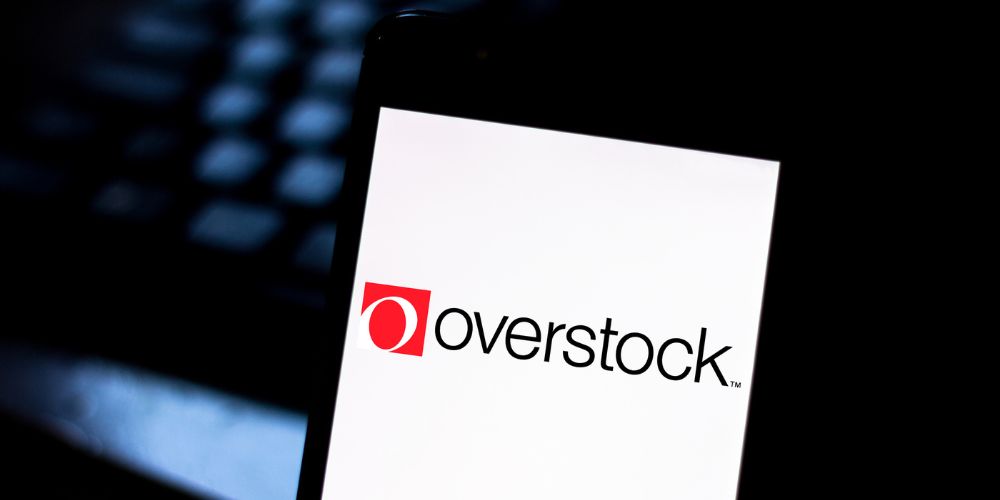Overstock is a popular online retailer that offers a wide range of products at competitive prices.
From furniture to electronics to home decor items, Overstock has become a go-to destination for many consumers.
If you’re considering applying for credit with Overstock, it’s important to understand what credit bureau does Overstock use.
In this article, we’ll delve deeper into this topic and provide you with the comprehensive information you need to know.
What is a Credit Bureau?
Before we dive into the credit bureau used by Overstock, let’s take a step back and understand what a credit bureau is and its role in credit decisions.
A credit bureau is an agency responsible for collecting and maintaining individuals’ credit information.
They gather data such as credit card balances, loan payments, and other financial activities from various sources, including lenders and creditors.
The credit bureaus compile this information into credit reports, which are then used by lenders to assess a borrower’s creditworthiness.
In the United States, three major credit bureaus dominate the industry: Experian, Equifax, and TransUnion.
These bureaus gather and maintain credit information on millions of consumers across the country.

Which Credit Bureau Does Overstock Use?
After extensive research, it has been confirmed that Overstock uses the services of TransUnion. TransUnion, one of the three major credit bureaus, has established itself as a reputable and trusted source of credit information.
Overstock’s decision to partner with TransUnion is driven by several factors, including the comprehensive credit reporting system and widely used credit scores provided by the bureau.
By relying on TransUnion’s credit reports, Overstock can effectively evaluate the creditworthiness of potential borrowers and make informed decisions regarding their credit applications.
This not only benefits Overstock by reducing the risk of offering credit to individuals with poor credit histories but also allows borrowers to enjoy personalized credit offers based on their credit reports.
How Does Overstock Use the Credit Bureau Report?
Now that we know Overstock uses TransUnion, it’s important to understand how they utilize the credit bureau report in their credit decision process.
Overstock considers various factors when reviewing credit applications, and the credit bureau report plays a crucial role in this evaluation.
First and foremost, Overstock looks at an applicant’s credit score. The credit score is a numerical representation of an individual’s creditworthiness and is calculated based on the information within the credit bureau report.
The credit score helps Overstock assess the risk associated with extending credit to a particular individual.
Generally, higher credit scores indicate lower risk, resulting in more favorable credit terms and higher credit limits.
In addition to the credit score, Overstock also considers other factors within the credit bureau report.
These factors may include the individual’s payment history, debt-to-income ratio, length of credit history, and any derogatory marks such as bankruptcies or collections.
By taking into account these various elements, Overstock can make an accurate assessment of an applicant’s creditworthiness.
Considering an applicant’s payment history is particularly important for Overstock. Timely payments on any existing loans or credit cards demonstrate responsible financial behavior and indicate a promising borrower.
However, a history of missed payments or delinquencies can raise concerns for Overstock, as it suggests a higher risk of defaults.
In addition to payment history, Overstock looks at an individual’s debt-to-income ratio, which compares their monthly debt obligations to their income.
A lower ratio indicates that an individual has sufficient income to manage their debts, making them more likely to be approved for credit.
The length of an individual’s credit history is also considered. A longer credit history gives Overstock more data to evaluate and assess an applicant’s financial behavior.
A short credit history doesn’t necessarily mean an individual will be denied credit, as other factors such as payment history and income can still play a significant role.
Finally, derogatory marks like bankruptcies or collections can negatively impact an applicant’s creditworthiness.
Overstock takes these marks into consideration as they reflect financial difficulties an individual may have experienced in the past.

How Does Overstock Report to Credit Bureaus?
It’s not just the credit bureau reporting information to Overstock; the company also reports credit data to the credit bureaus.
When a borrower is approved for credit with Overstock, their payment history and other relevant information are reported to TransUnion, as well as the other major credit bureaus.
This information is then included in the individual’s credit report and becomes part of their credit history.
This reporting process is essential as it allows borrowers to build credit and demonstrate their responsible financial behavior.
By making timely payments and maintaining a positive credit history with Overstock, individuals can improve their credit scores over time. This, in turn, can open doors to better credit opportunities in the future.
Whether it’s timely payments, gradual reductions in outstanding debt, or maintaining a low credit utilization ratio, positive financial behavior with Overstock can contribute to a strong credit history and an improved credit score.
Conclusion
Overstock uses TransUnion as its credit bureau of choice when making credit decisions.
By relying on TransUnion’s credit reports, Overstock can accurately evaluate an individual’s creditworthiness and determine suitable credit terms and limits.
It’s crucial for applicants to understand the significance of their credit reports and how they can affect their chances of being approved for credit with Overstock.
If you’re considering applying for credit with Overstock, it’s essential to maintain a good credit score, make timely payments, and manage your debts responsibly. By doing so, you can improve your chances of obtaining the credit you need to finance your purchases through Overstock.
Remember, responsible credit management not only benefits you in the short term but can also have long-lasting positive effects on your overall financial well-being.


 Tags:
Tags:










